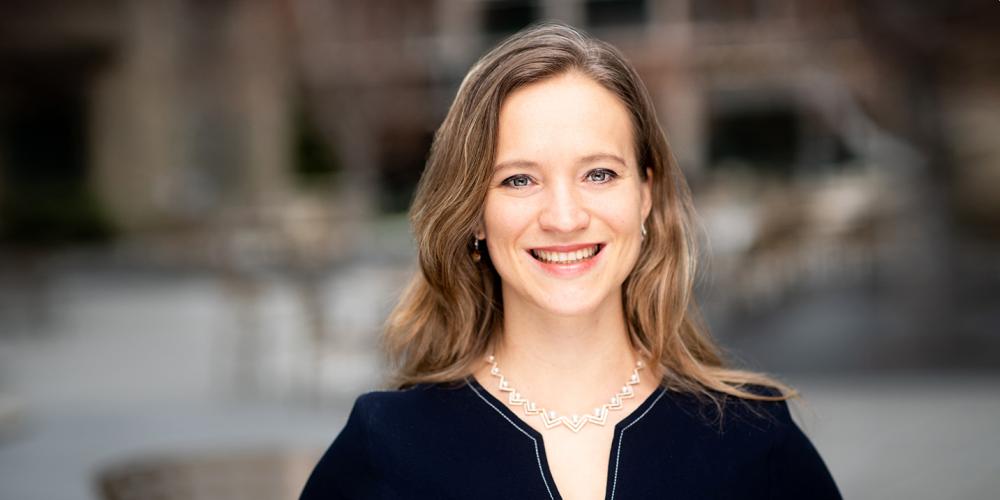

Research Expertise and Interest
finance, behavioral economics, labor and finance, role of information technology in financial markets
Research Description
Anastassia Fedyk is an Assistant Professor of Finance and a Barbara and Gerson Bakar Faculty Fellow at the Haas School of Business at UC Berkeley. Her research lies at the intersection of behavioral finance and innovation, with a specific emphasis on using big data techniques to understand firm news and valuations. Most recently, her research has focused on economics of AI artificial intelligence (AI), studying how AI technology affects firms and workers. Her work documents that when firms invest in AI, they experience greater growth fueled by product innovation, but employment also increases, especially for highly educated technical workers. Anastassia holds a Ph.D. in Business Economics from Harvard University and a B.A. in Mathematics with honors from Princeton University. She serves as the Chief Economist at the AI for Good Foundation and is a co-founder of Economists for Ukraine.
In the News
How Professor Anastassia Fedyk Poured Her Economic Expertise, AI Savvy, and Heart Into Helping Ukraine
Russia’s Attack: Ukraine War Turns Into a Perilous Global Economic Conflict
Investing in AI Boosts Firm Growth—and Increases Market Dominance, Study Finds
Featured in the Media
This column analyses the determinants and consequences of firm exit from Russia, focusing in particular on US-traded firms.
A study recently published in the Review of Accounting Studies demonstrates that the use of artificial intelligence is significantly improving the quality and efficiency of financial statement audits, as well as displacing audit professionals.
New research from UC Berkeley, Haas School of Business explores the resilience of bank employees in the wake of the Lehman Brothers bankruptcy.
Hedge fund managers’ news consumption can translate to trading volumes and return dynamics, according to a Harvard University study.


